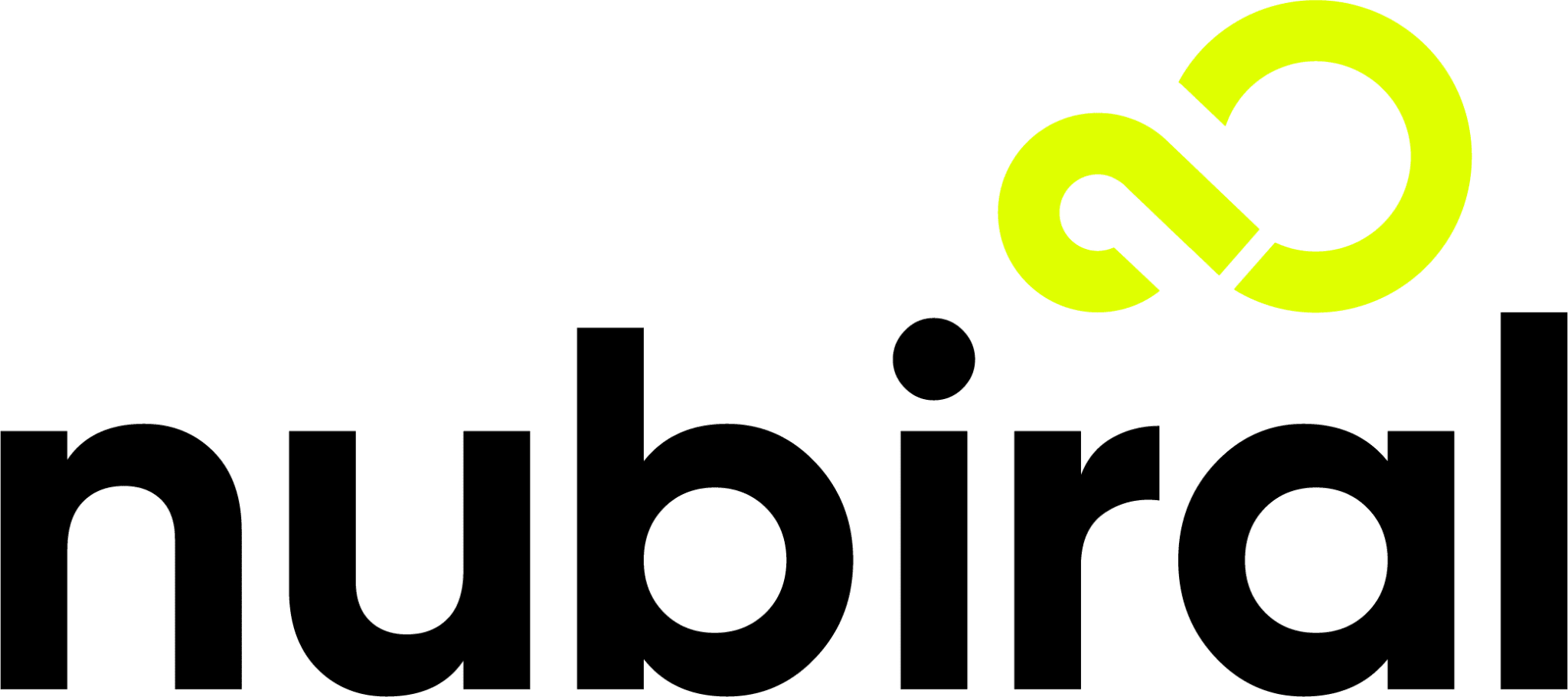There is a lot to talk about DevOps, which allows the integration of software development and operations to accelerate the development of new applications. Based on these similar principles, a new concept with increasing force is emerging: DataOps.
DataOps is an agile and process-oriented methodology that aims to generate greater efficiency in the generation of value and in the creation of analyzes from data. To do so, it combines data scientists and engineers, and development and operations teams, in order to:
- Work in a collaborative and automated way.
- Unify tools, processes and structures in use.
- Help the organization move forward on its path towards the data driven model.
The data-driven organization
Among other benefits, DataOps improves the quality of analyzes and results, supports artificial intelligence initiatives (whose raw material is, precisely, good quality data), allows greater alignment between the improvements implemented and business objectives and reduces the costs of managing that data.
Today, data is the strategic asset of organizations: it is the key to obtaining competitive advantages, offering the best experience for customers, optimizing operations, increasing productivity, promoting innovation and increasing satisfaction and talent retention.
It is not just about accumulating data, but about defining the management, protection and storage strategies to ensure that everyone has access to the same information at all times.
In this sense, a company is data driven when it manages to support all its decision processes with data and leaves aside “traditional” mechanisms and variables.
The basis is agility
Just as DevOps does, the basis of the DataOps concept is inspired by agile methodologies: continuous and efficient delivery of analytical products is valued, trial and error is encouraged, and multiple iterations are considered until the desired result is approached.
There is a DataOps Manifesto, which states that teams “value analytics that work, measuring their performance by the insights they provide” and that they “embrace change and constantly seek to understand changing customer needs.”
The DataOps work style seeks to break isolated structures, which are often rigid and slow to respond to the pace required in times of big data, artificial intelligence, machine learning, internet of things and other needs related to digital transformation that are highly intensive in terms of data usage.
For this reason, teams tend to be interdisciplinary, with experts in operations, software engineering, data science or management, and also tend to cut across different sectors of the organization.
Between similarities and differences
In a certain way, DataOps is similar to DevOps: in both cases, teams need to work in an integrated way to analyze the problem as a whole. And in the specific case of DataOps, this means rethinking the flow of data processing from the moment it is captured or created to the moment it is used.
Among the differences between the two methodologies, we can mention that DataOps has the potential to affect the organization as a whole – today, all areas depend on data – and that’s the way to accelerate the data-driven vision.
Companies accumulate more and more data as they advance in their digital transformation processes. Data scientists and data engineers are ideally suited to structuring models that enable value to be derived from that data. And those responsible for operations are those who understand what the business needs to meet its objectives. DataOps is about combining the best elements of all worlds to turn data into intelligence.




